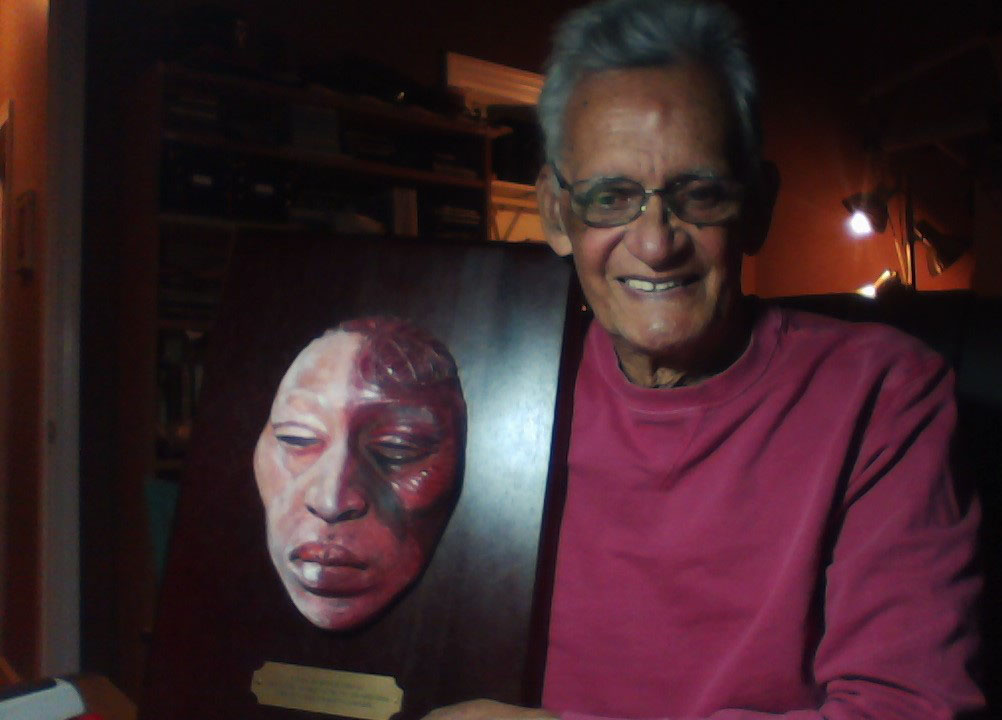Since living in Guyana again I have seen first-hand the need for us to hold up our own achievers, to shout about them, not only for the praise that is due but, more pivotally, for the powerful information about our worth that is passed on to the new Guyanese wending their way, here and abroad. While that is clearly a national mission, we should all do our part in promoting the image and today I come in that vein to hold up the name of Ken Corsbie who was honoured two weeks ago in Barbados as the 2016 recipient of the Earl Warner Trust Lifetime Achievement Award. The late Earl Warner was a skilled theatre director and the Trust was set up by his wife, Karen, to commemorate his name, to assist up and coming dramatists, and to honour those who had given a lifetime of theatre service in the Caribbean. (Other Guyanese awardees have been Michael Gilkes (poet, playwright, video producer), and Clairmonte Taitt (actor, violinist, director)).
 Although our younger Caribbean generations may not know his name, Ken Corsbie has been a pivotal figure in regional theatre, operating in a number of genres off the stage and on it, for years. He came into my life, coincidentally almost 50 years ago, when with the formation of the Tradewinds band in Toronto I came to Guyana for a performance and was in the audience at the Theatre Guild for a show called All Ah We featuring Ken, Marc Matthews, Henry Muttoo, John Agard, and panman Camo Williams. Starting out far away in my own quest to write songs on Caribbean themes, it struck me instantly that All Ah We was independently on that same path. It is important to remember that in those years dialect material was something for the bottom house or the rum shop. To see it in “the theatah”, full blown and no apologies, was a shot in the arm for me at a time when I was searching for my future.
Although our younger Caribbean generations may not know his name, Ken Corsbie has been a pivotal figure in regional theatre, operating in a number of genres off the stage and on it, for years. He came into my life, coincidentally almost 50 years ago, when with the formation of the Tradewinds band in Toronto I came to Guyana for a performance and was in the audience at the Theatre Guild for a show called All Ah We featuring Ken, Marc Matthews, Henry Muttoo, John Agard, and panman Camo Williams. Starting out far away in my own quest to write songs on Caribbean themes, it struck me instantly that All Ah We was independently on that same path. It is important to remember that in those years dialect material was something for the bottom house or the rum shop. To see it in “the theatah”, full blown and no apologies, was a shot in the arm for me at a time when I was searching for my future.
I was to learn later than Ken had started out on this, at the time, perilous venture in the early 1970s after seeing a Theatre Guild performance by the Guyanese actor/poet/playwright Slade Hopkinson, based in Trinidad, part of which featured Caribbean material which drew the biggest reaction from the

